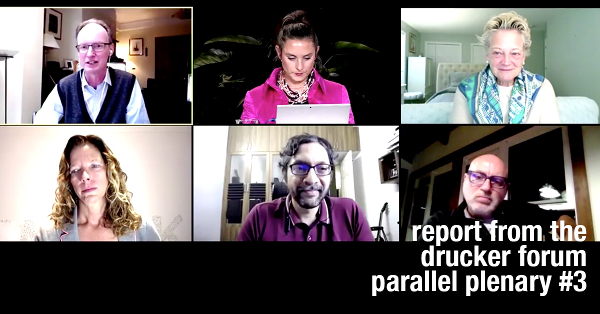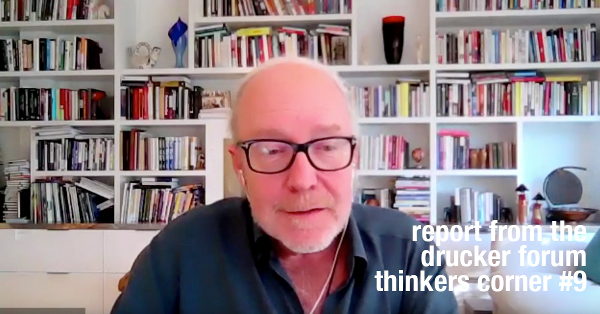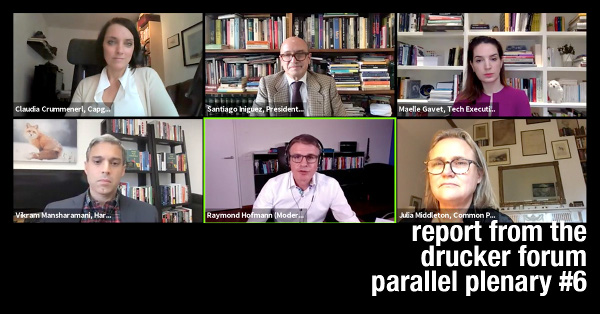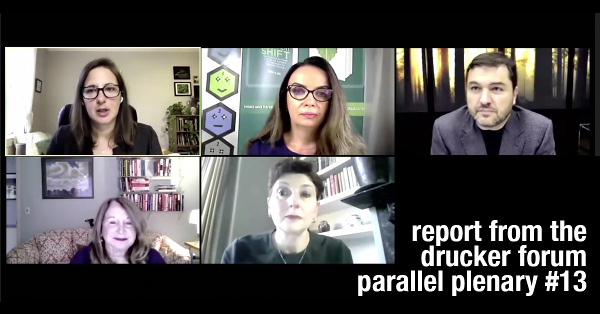People often lament the qualities and capability of their leaders, political, civil, religious or otherwise. Indeed, they are regularly viewed with what has become known as the three D’s of leadership—doubt, distrust and dissent. Yet, in times of uncertainty, turbulence and crises, we crave the control and order that come with formal leadership structures and willingly submit to their authority. How can we explain the sudden switch?[…]
Continue reading








